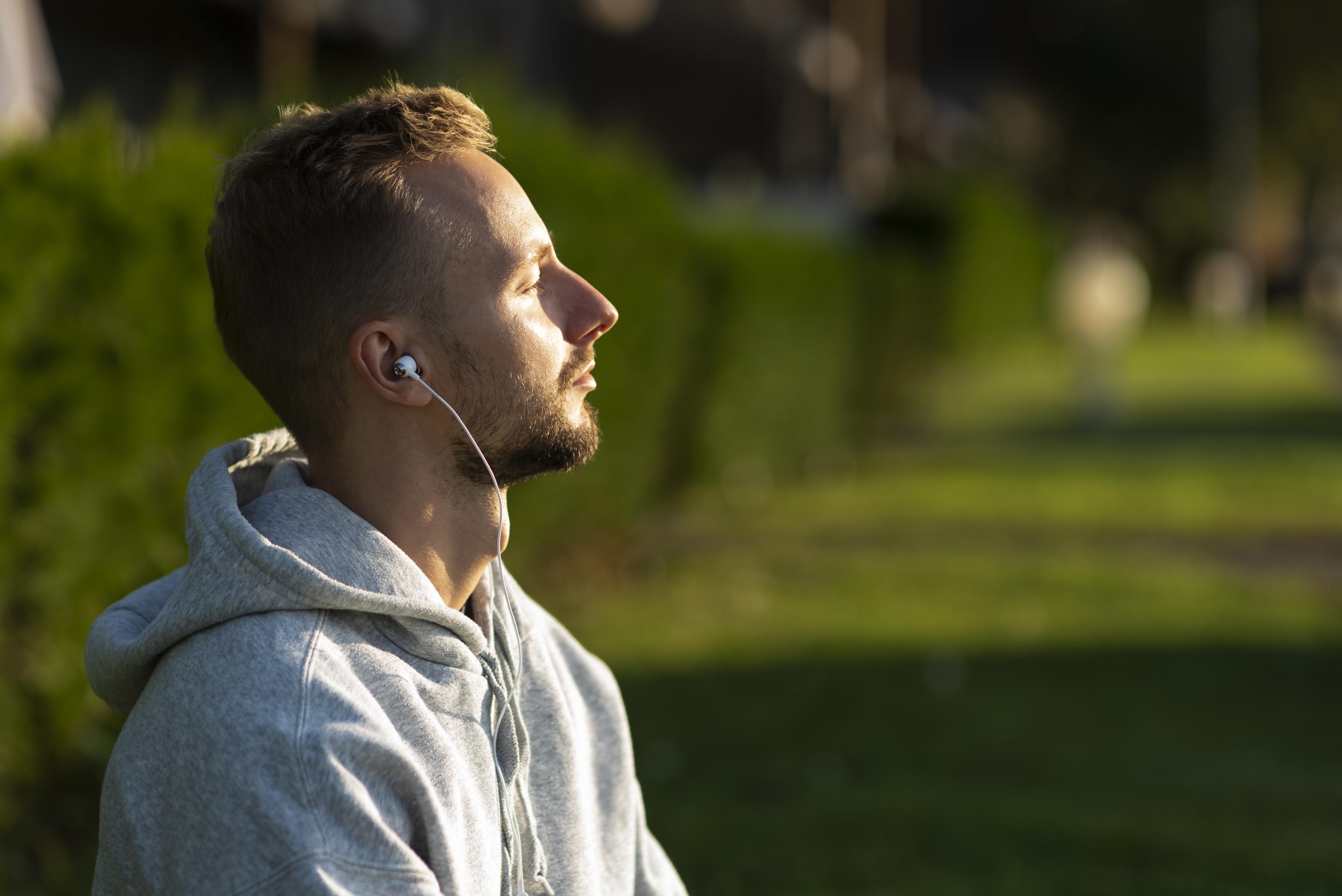Do you sometimes have unexpected attacks of anxiety or overwhelming fear that last for several minutes? Maybe you experience a pounding heart, excessive sweating, and you feel as though you cannot breathe or think clearly.
If so, you may have Panic Disorder, a common but often undiagnosed condition.
This study is seeking to evaluate the safety and effectiveness of an investigational oral medication for Panic Disorder.
Panic Disorder is an anxiety disorder characterised by repeated, unpredictable, panic attacks which are experienced without the presence of a known fear or stressor. New treatments that safely improve the symptoms of Panic Disorder, without causing the serious side effects that may be associated with current standards of care, are desperately needed.
This study is investigating a new potential treatment to see if it can reduce symptoms for people with Panic Disorder and improve quality of life. The study aims to evaluate whether the investigational treatment, HB-1, is safer, more tolerable and reduces panic disorder symptoms compared to currently available medicinal treatments.
HB-1 is a combination of two medications that are approved in Australia for other illnesses/diseases but not for panic attacks.

Who can take part?
You may be eligible to participate if you:
- Are 18-65 years old
- Have a diagnosis of Panic Disorder or struggle with frequent panic attacks
- Are medically stable on any current medication for at least 3 months
Why should I take part?
- You will be contributing to important research that may help people with Panic Disorder in the future
- You will speak to research staff regularly throughout the study to share your experiences and symptoms
- Eligible participants will be reimbursed for travel-related costs
What does the study involve?
Eligible participants will be randomly assigned (like rolling a dice) to receive either the study medication or placebo. There is an 83% chance that you'll receive an active medication that could help control your Panic Disorder symptoms and a 17% chance that you'll receive a placebo.
The study is double blinded, which means that neither you or us will know your treatment assignment.
If you decide to take part in the study, you will be required to participate for approximately 14 weeks. This includes one week of screening, twelve weeks of treatment and 1 week of follow-up. There will be 6 study visits to the clinic, 8 video call visits and one telephone call visit, over the course of the 14 weeks.

